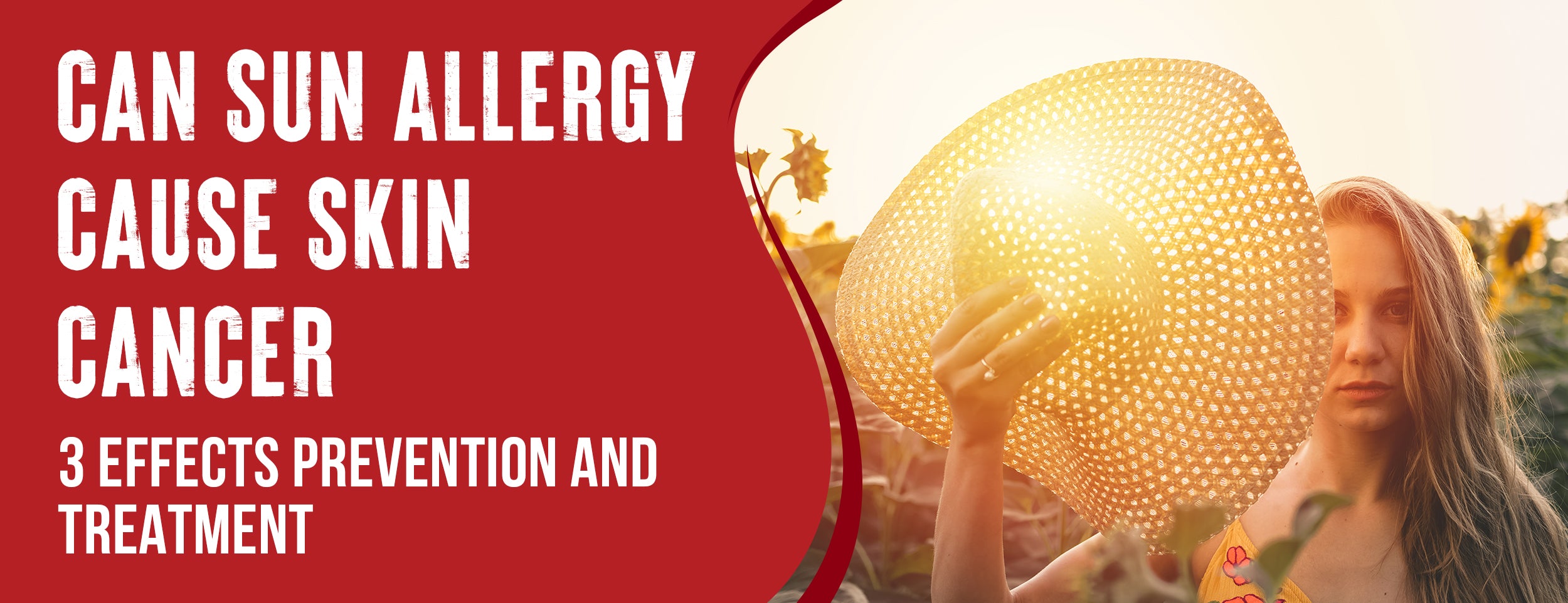Irritated skin can result from different factors, like allergies or inflammation caused by harsh products on sensitive skin. Drastic weather, from intense heat to cold, can lead to dryness, itchiness, or redness on the face.
To soothe skin irritation on your face, start by applying a cold compress and then use a mild cleanser. You can hydrate your skin with aloe vera or moisturizer. Steer clear of fragrances and makeup, and adjust your diet for skin health.
In this blog post, we will explore three home remedies and five OTC solutions to soothe irritated skin on the face. Also, exploring skin care tips and prevention strategies for skin irritation on the face.
How To Soothe Irritated Skin On Face: 3 Home Remedies

You may not need to rush for over-the-counter medicines or prescriptions when irritated. Sometimes, the best remedies are proper at home, in your kitchen, or your daily routine. Here, we explore some effective home remedies to help soothe irritated facial skin.
Role of Hydration and Diet
Adequate hydration and a nutritious diet can work wonders for your skin's health and appearance.
- Nourish your skin from within by staying well-hydrated with sufficient water intake throughout the day.
- Consuming a well-rounded diet of vegetables, fruits, and lean proteins can help your skin look better.
- Omega-3 fatty acids in salmon, flaxseeds, and walnuts can reduce inflammation and soothe irritated skin.
- Avoid foods that can trigger skin irritation, such as spicy foods, alcohol, and excessive caffeine.

Natural Ingredients
Aloe vera and honey are renowned for their natural properties that hold remarkable healing abilities. Combined, these ingredients work synergistically to effectively soothe and calm irritated skin, making them a popular choice in skincare routines worldwide.
- Aloe vera: Renowned for its anti-inflammatory and soothing characteristics, aloe vera is effectively soothing inflamed skin. Directly apply aloe vera gel to the irritated area, allow it to dry, and then rinse off.
- Honey: This natural humectant can attract moisture to your skin and has antibacterial properties. Apply raw honey to your irritated skin, leave it on for a few minutes, then rinse.
Benefits of Cold Compresses
A simple cold compress can provide immediate relief for irritated skin.
- Cold compresses aid in reducing inflammation and providing soothing relief to the skin.
- Use a clean cloth to wrap ice cubes and gently press them onto the irritated skin for quick relief.
- Do this daily, but remember not to touch your skin directly with ice as it will cause damage.
Soothe Irritated Skin On Face: 5 OTC Solutions
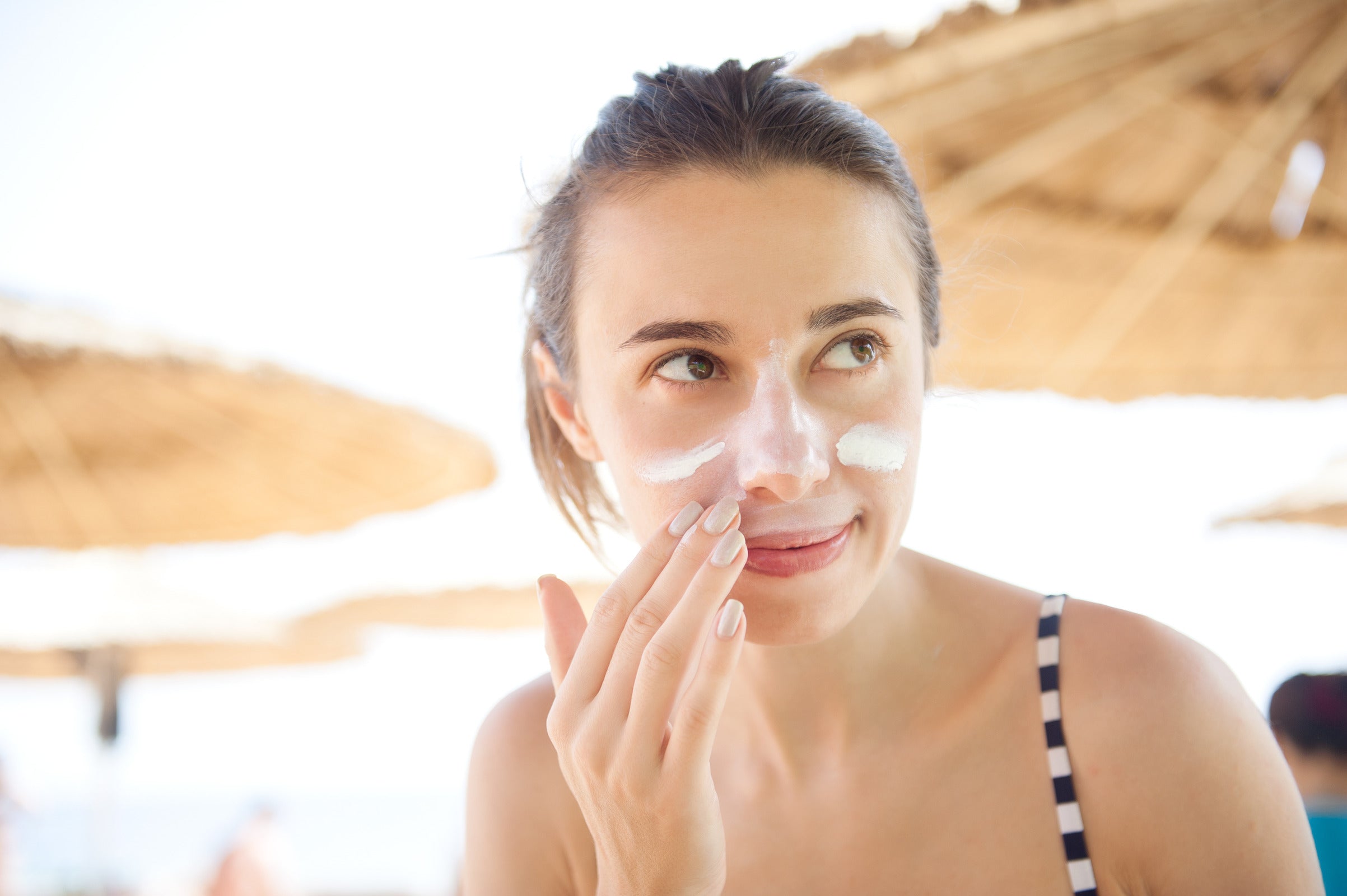
While home remedies can be effective, sometimes you may need extra help from over-the-counter (OTC) products. These products, designed with skin-soothing ingredients, can relieve irritation and redness.
Recommended Creams and Lotions for Irritated Skin
Introduction: Various creams and lotions help soothe irritated skin.
- Moisturizing creams: Choose a cream that contains ceramides, glycerin, and hyaluronic acid, which helps hydrate and repair the skin barrier.
- Calming lotions: Products with calming ingredients like chamomile, aloe vera, or green tea can help reduce inflammation and soothe the skin.
- Cortisone creams: OTC cortisone creams can temporarily relieve severe irritation. These should be used for a week after consulting a dermatologist.

Hypoallergenic or Fragrance-Free Products
Choosing hypoallergenic or fragrance-free products can benefit those with sensitive or easily irritated skin.
- Hypoallergenic products: These minimize the risk of allergic reactions. They are free from common irritants like dyes, preservatives, and fragrances.
- Fragrance-free products: Fragrances are a common cause of skin irritation. Opt for fragrance-free products if your skin is sensitive or prone to irritation.
- Always read labels: Check the product labels to ensure they suit your skin type and do not contain any ingredients you are allergic to.
For Irritated Skin On Face: 3 Other Methods
Ensuring healthy skin requires a consistent skincare regimen. If your skin becomes irritated, slight adjustments may be necessary. Here are some tips for a skincare routine to help ease skin irritation.
Importance of Gentle Cleansing
Ensuring your skin stays clean forms the foundational step of an effective skincare regimen. Handling this process with care is vital, especially when your skin is irritated. By using gentle cleansing techniques during such times, you'll maintain healthy skin while keeping it free of impurities.
- Avoid scrubbing your skin too harshly, as it can further irritate it.
- The skin should be rinsed with lukewarm water to avoid drying out and further irritation.
- Rather than patting your skin dry, use a soft towel.
Avoid Wearing Makeup

- Aside from when you're doing your skincare routine, avoid touching your face as much as possible. If your hands aren't clean, then touch your face.
- During active flare-ups around your eyes, avoiding makeup until it settles down is best. Adding makeup to the mix may cause more irritation.
Choosing the Right Sunscreen
Protection is necessary for the skin, especially if it is irritated or sensitive. Exposure to harmful UV rays can exacerbate skin issues and lead to long-term damage. Therefore, applying sunscreen regularly and seeking shade when possible are essential steps in maintaining skin health.
- Select a broad-spectrum sunscreen with a minimum SPF of 30 to shield your skin against damaging UVA and UVB rays.
- Look for a non-comedogenic and fragrance-free sunscreen to avoid further irritation.
- Use sunscreen every day, rain or shine. Even through clouds, the sun's rays can reach your skin, causing harm.

When Should You Seek Medical Help For Irritated Skin On The Face?
Despite home remedies and over-the-counter remedies being effective for minor skin irritations, sometimes it's essential to seek professional medical help. Let's discuss when that might be necessary and what steps to take.
Identifying Signs of Serious Skin Conditions
Some symptoms may show a more severe skin condition that requires medical attention.
- Persistent redness: If your skin remains red and irritated despite home treatments, it could be a sign of conditions like rosacea or eczema.
- Severe itching: Uncontrollable itching that interferes with daily activities or disrupts sleep could show a severe skin problem.
- Pain: A healthcare professional should constantly evaluate skin irritation accompanied by pain.
- Infection: Signs of infection include increased redness, swelling, pus, or a fever.
Guidance in Consulting a Dermatologist
If you're experiencing any of the above symptoms, it's time to consult a dermatologist.
- Book an appointment: Make an appointment with a dermatologist to examine your skin.
- Then, describe your symptoms: Be ready to explain them, how long you've had them, and what treatments you've tried.
- Follow their advice: Your dermatologist may recommend prescription medications or other treatments to help soothe your skin.
Skin Irritation On Face: 3 Prevention Strategies
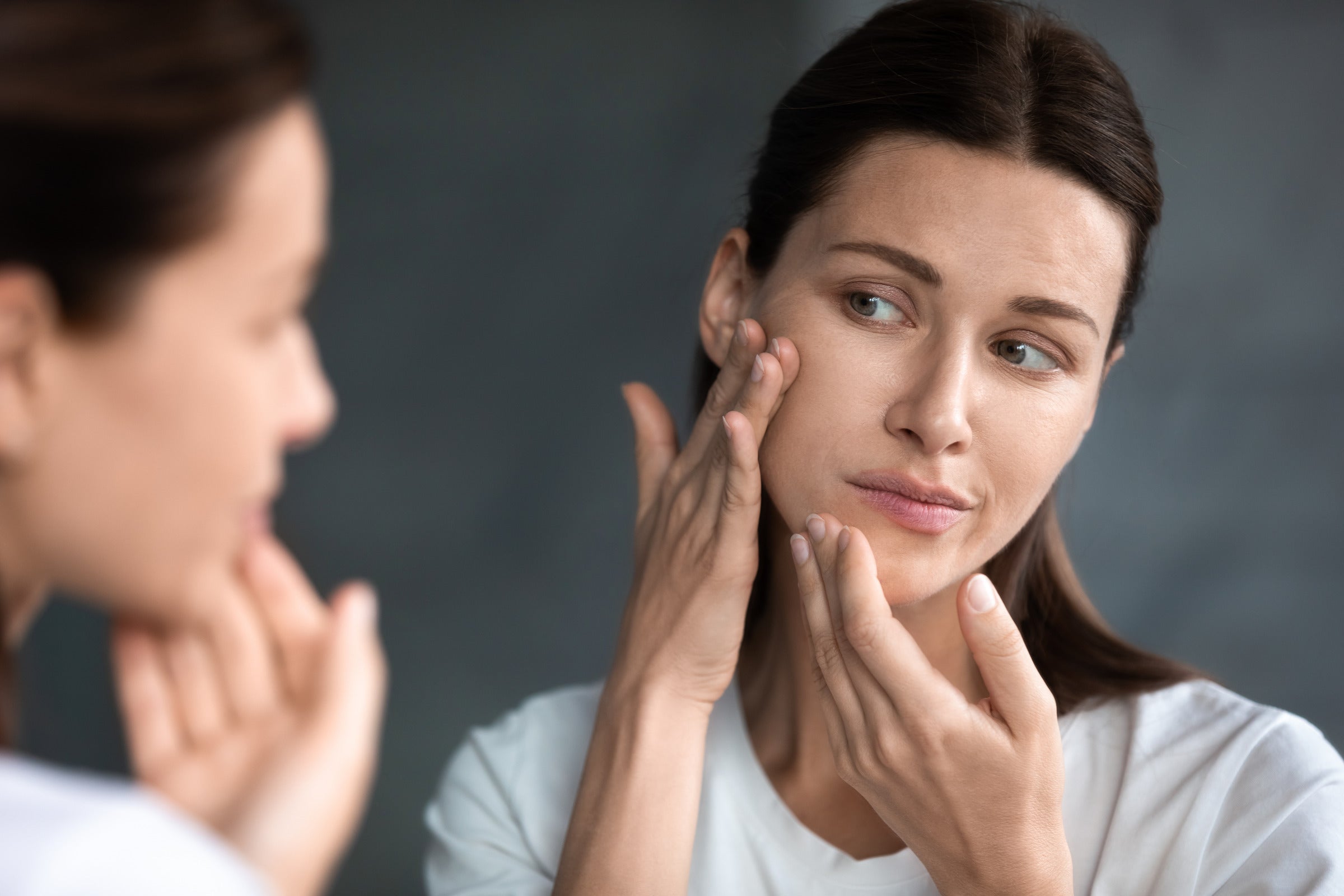
Preventing skin irritation is always better than dealing with it once it's occurred. Here are some strategies to help keep your skin healthy and avoid unnecessary irritation.
Importance of Regular Skin Checks
Regular skin self-examination is crucial in detecting early irritation or other problems.
- Check your skin monthly: Look for changes in moles, freckles or birthmarks, and new skin growths.
- Monitor your skin's reaction to products: How your skin responds to different skincare products and avoid irritating ones.
- Be aware of your skin type: Selecting the right products and avoiding irritation are more manageable when you know your skin type.
Importance of Patch Testing New Skincare Products
Before introducing a new skincare product, conduct a patch test. Testing the product on a small skin area can help identify potential allergic reactions or sensitivities before applying it more extensively. This precautionary step can prevent adverse skin reactions and ensure the product is suitable for your skin type.
- Apply a small quantity of the product to an inconspicuous area, such as behind your ear or inside your wrist.
- Wait for at least 24 hours to see if any reaction occurs.
- If your skin turns red, itches, or swells, it shows that the product may not suit your skin type.

Role of Stress Management in Skin Health
Stress can harm your skin, leading to inflammation and even breakouts. Maintaining healthy skin requires stress management.
- Regular exercise: Exercise reduces stress levels and promotes healthier skin.
- Meditation and mindfulness: These practices can help calm your mind, reducing stress and its effects on your skin.
- Balanced lifestyle: Try to balance work and personal life to avoid excessive stress.
Conclusion
And that's a wrap on our journey to soothe irritated skin. I now understand what skin irritation is and how to deal with it. Hydration, a balanced diet, and natural ingredients can work wonders.
But sometimes, over-the-counter solutions and a suitable skincare routine are needed. Remember the importance of patch-testing new products and managing stress for healthier skin. And if things don't improve, reach out to a dermatologist.
We all deserve healthy, happy skin; with these strategies, you're well on your way. Keep up your skincare habits, listen to your skin, and remember - if you're beautiful, irritated.

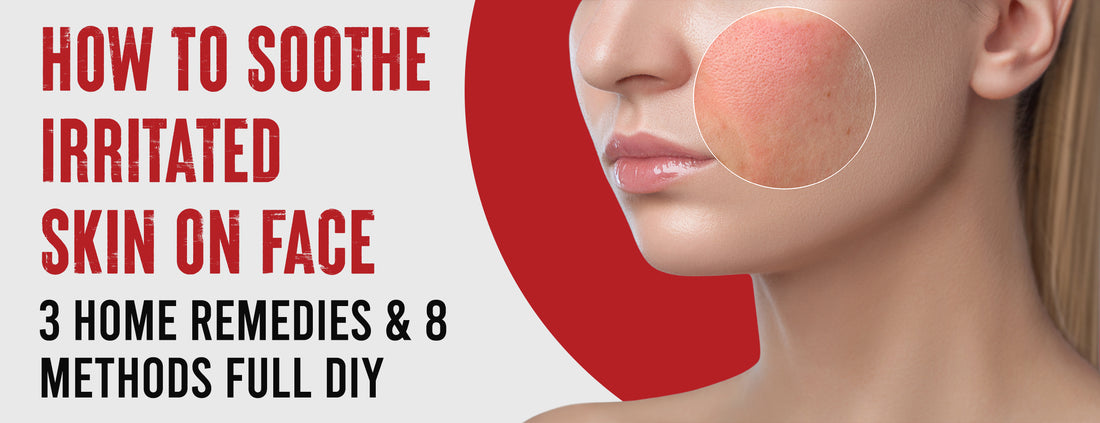

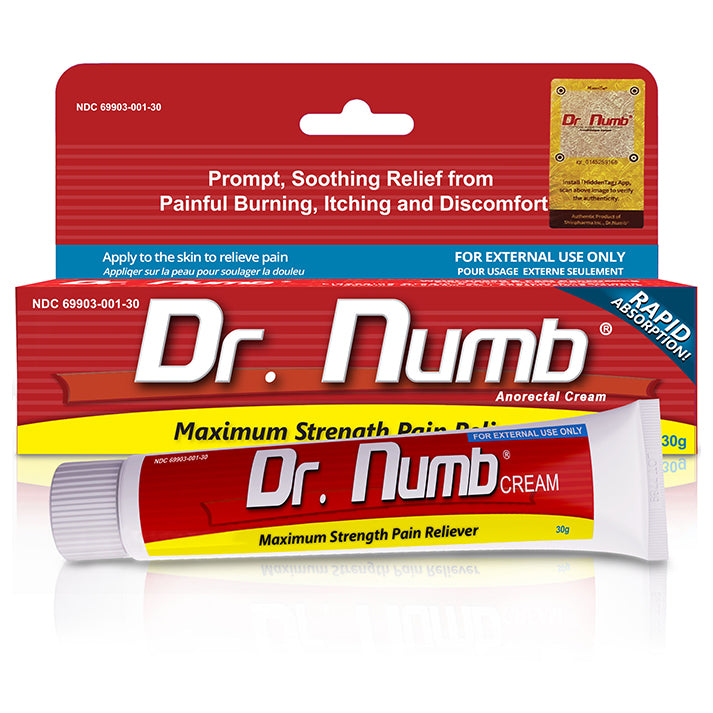


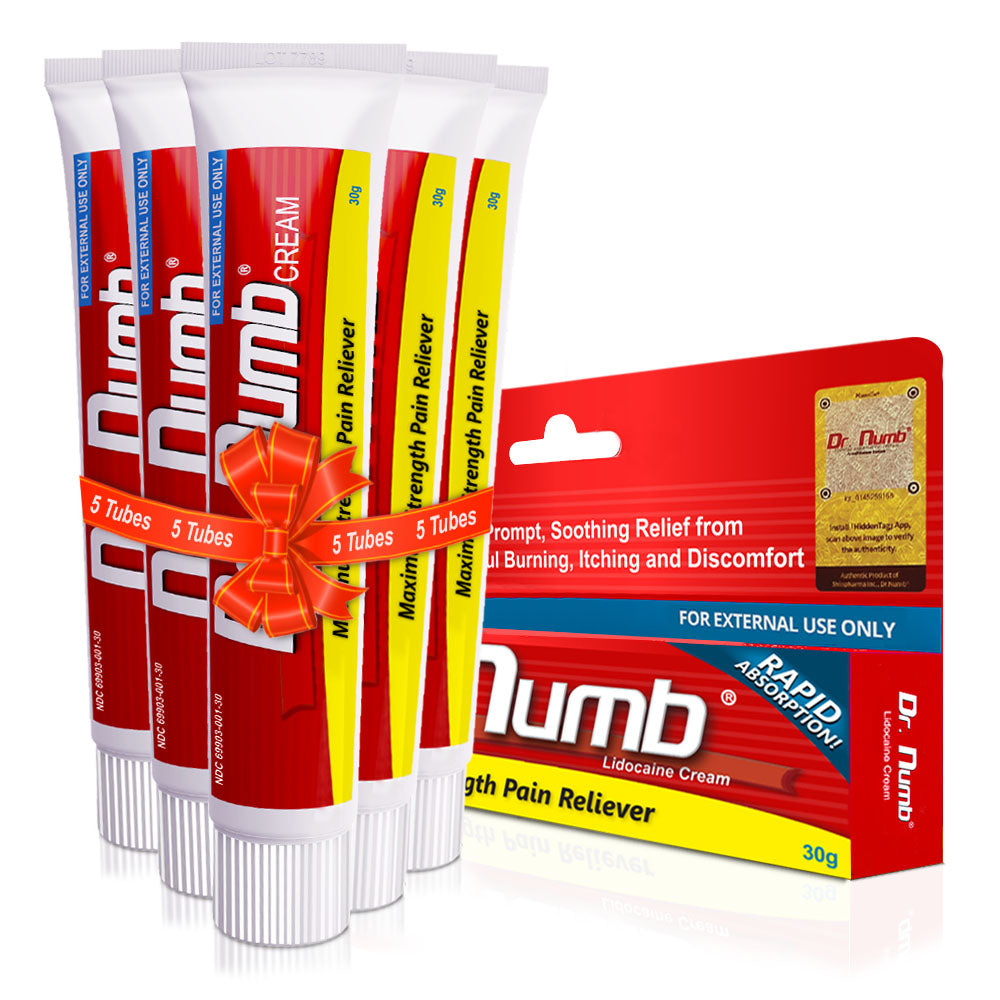


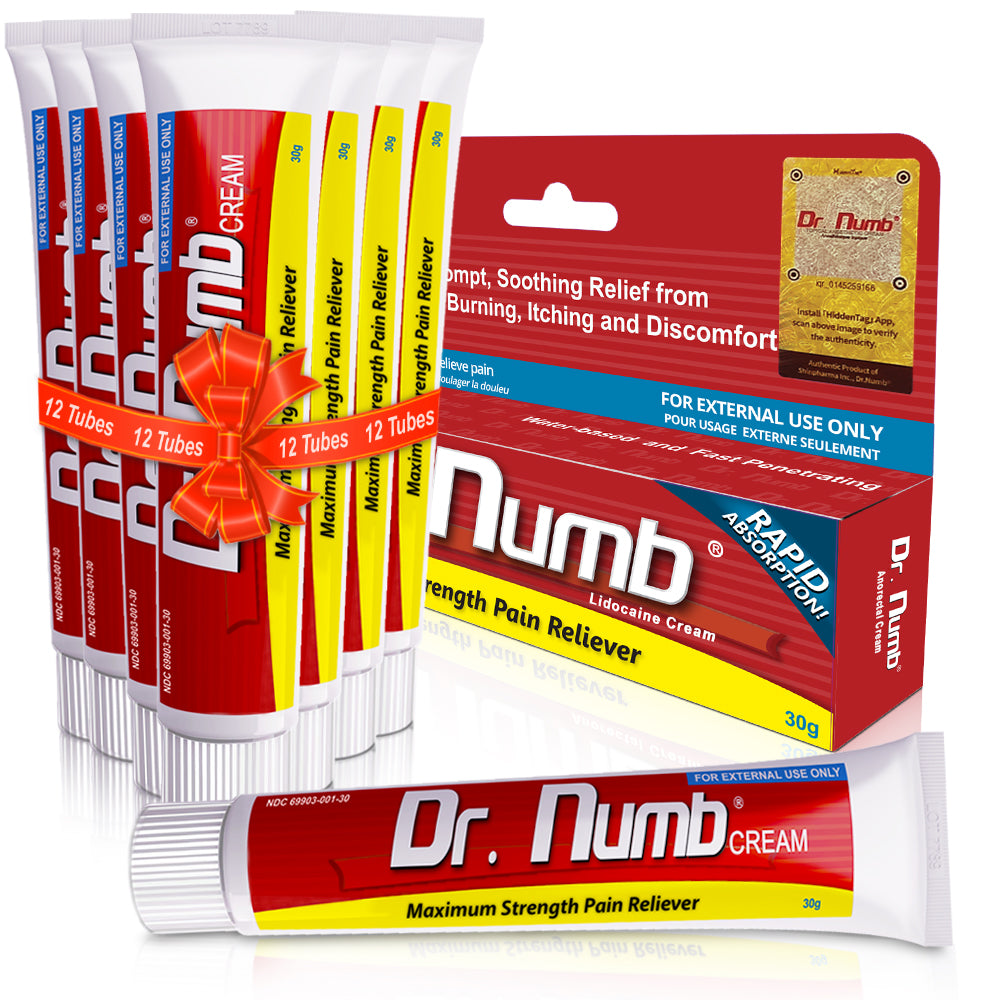





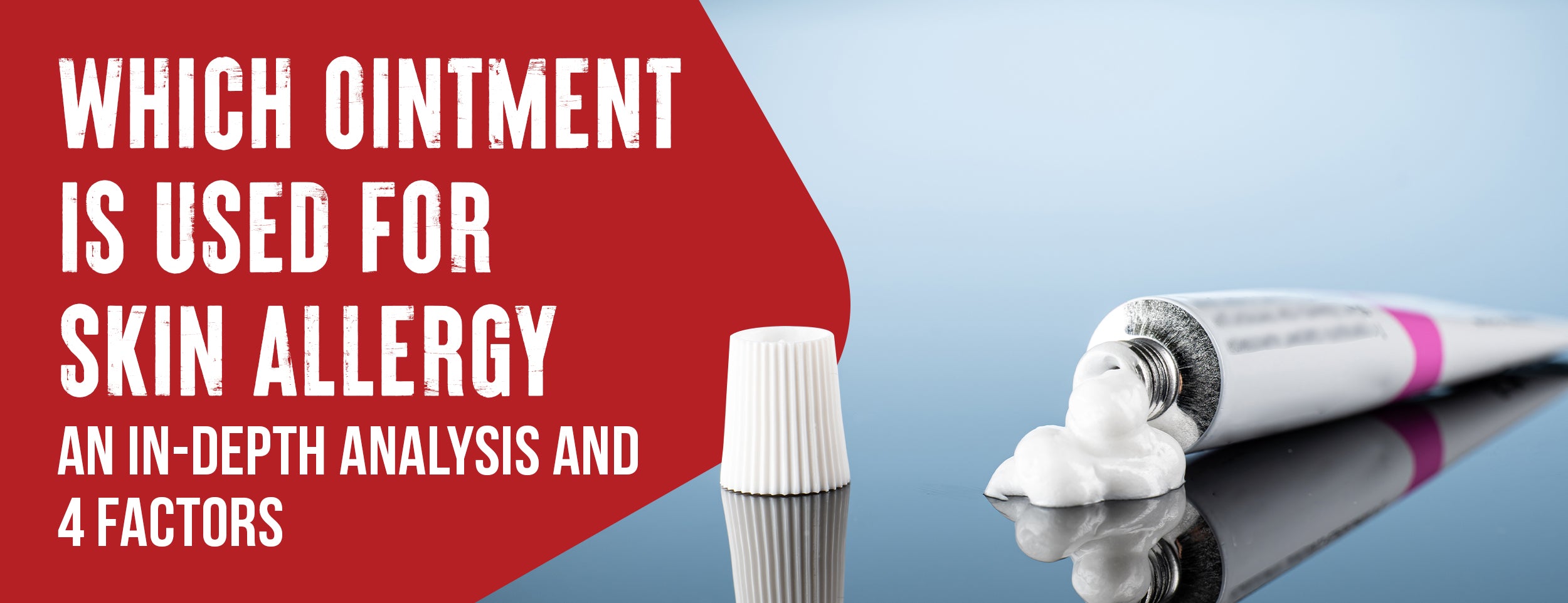
![The Most Common Food Allergies That Cause Itchy Skin [6 Common Symptoms]](http://drnumb.com/cdn/shop/articles/Can_Food_Allergies_Cause_Itchy_Skin__17_Listed_6_Symptoms_Common.jpg?v=1714999986)
